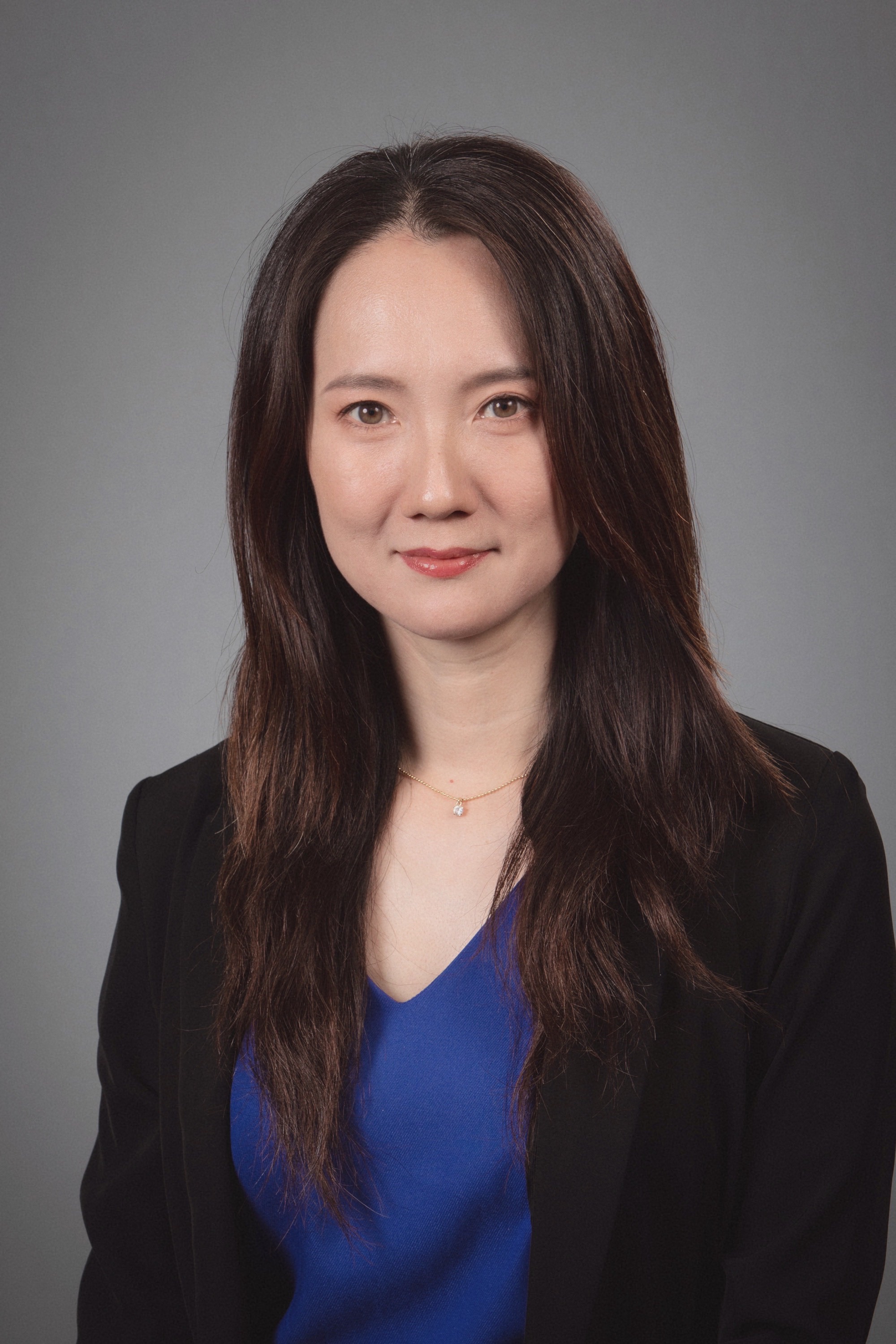Mihwa Park, Ph.D.
Email: Mihwa.Park@ttu.edu
Office: Education 269
Mihwa Park is an Associate Professor of STEM education in the Department of Curriculum and Instruction at Texas Tech University. Dr. Park taught middle school science in South Korea. While she was a middle school science teacher, she completed two masters' degree in physics and science education. She earned her doctorate in Science Education from University at Buffalo. Her research interests involve developing measurement instruments to assess students' understanding of scientific concepts and students' academic, achievement, and epistemic emotions in learning science. She is also interested in teachers' emotions about teaching science, and its effect on their teaching practices and PCK.
Google Scholar: https://scholar.google.com/citations?user=Yzuv7dMAAAAJ&hl=en

Selected Publications
Scholarly Articles
Park, M. (2022). Exploration of relationships between students' science identities and achievement emotions in physics. Education Sciences, 12(5), 290, 1-14.
Johnson, J., & Park, M. (2022). Creating school scientific communities among urban refugee ELL populations. European Journal of Science and Mathematics Education, 10(1), 87-103.
Park, M., & Flores, R. (2021). Developing a questionnaire to measure preservice elementary teachers' emotions for teaching science and mathematics. International Journal of Science Education, 43(18), 2911-2935.
Park, M.,& Liu, X. (2021). An investigation of item difficulties in energy aspects across biology, chemistry, environmental science, and physics. Research in Science Education, 51(1), 43-60.
Cho, J., & Park, M. (2021). Culturally responsive formative assessment: Metaphors, SMARTER feedback, and culturally responsive STEM education. International Journal of Latest Research in Humanities and Social Science, 4(8), 65-73.
Park, M. (2020).Seeing the forest through the trees using network analysis: Exploring student responses to conceptual physics questions. Journal of Science Education and Technology, 29, 605-621.
Park, M. (2020). Students' problem-solving strategies in qualitative physics questions in a simulation-based formative assessment. Disciplinary and Interdisciplinary Science Education Research, 2(1), 1-13.
Park, M., Yi, M., Flores, R., & Nguyen, B. (2020). Informal formative assessment conversations in mathematics: Focusing on preservice teachers' initiation, response and follow-up sequences in the classroom. Eurasia Journal of Mathematics, Science and Technology Education, 16(10), em 1884, 1-13.
Kim, J-H., Cruz, J., Hite, R., Dwyer, J., Gottlieb, J., Greenhalgh-Spencer, H., Park, M., Smit, J., Smith, P., & Zimmerman, A. (2020). Affective writing as a promise of “Yet-To-Become”: Unearthing the meaning of writing through the voice of tenure-track assistant professors. Taboo: The Journal of Culture and Education, 19(5), 103-119.
Park, M. (2019). Effects of simulation-based formative assessments on students' conceptions in physics. Eurasia Journal of Mathematics, Science and Technology Education, 15(7), em 1722, 1-18.
Park, M. (2019). What's important: An analysis of student comments on physics professors on RateMyProfessors.com. Journal of College Science Teaching, 48(4), 36-44.
Park, M. (2019). An investigation of how students use information to answer energy questions. International Journal of Research in Education and Science, 5(2), 388-399.
Park, M., Liu, X., Smith, E., & Waight, N. (2017). The effect of computer models as formative assessment on student understanding of the nature of models. Chemistry Education Research and Practice,18, 572-581.
Park, M., Liu, X., & Waight, N. (2017). Development of the connected chemistry as formative assessment pedagogy for high school chemistry teaching. Journal of Chemical Education, 94(3), 273-281.
Park, M., & Liu, X. (2016). Assessing understanding of the energy concept in different science disciplines. Science Education, 100(3), 483-516.
Park, M., & Johnson, J. (2016). Evaluation of students' energy conception in environmental science. International Journal of Environmental and Science Education, 11(12), 5572-5590.
Waight, N., Liu, X., Gregorius, R. M., Smith, E., & Park, M. (2014). Teacher conceptions and approaches associated with an immersive instructional implementation of computer based models and assessment in a secondary chemistry classroom. International Journal of Science Education, 36(3), 467-505.
Liu, X., Waight, N., Gregorius, R., Smith, E. & Park, M. (2012). Developing computer model-based assessment of chemical reasoning: A feasibility study. Journal of Computers in Mathematics and Science Teaching, 31(3), 259-281.
Park, M. H., Song, J. W., & Lee, G. H. (2011). An analysis of reflective thinking of pre-service teachers during a Science Methodology Course. The SNU Journal of Education Research,20, 91-120.
Park, M., Lee, J., Lee, G., & Song, J. (2007). Conceptual definition and types of reflective thinking on science teaching: Focus on the pre-service teachers. Journal of the Korean Association for Research in Science Education, 27(1), 70-83.
Peer-Reviewed Book Chapters
Park, M. (2022). Exploring effects of simulation-based physics assessment on students' conceptual understanding. In Macalalag et al. (Eds.), Internalization of STEM Education (pp. 239-257). International Society for Technology, Education and Science Organization.
Liu, X.. & Park, M. (2014). Contextual dimensions of the energy concept and implications for energy teaching
and learning. In R.F. Chen et al. (Eds.), Teaching and learning of energy in K-12 education (pp175-186). New York, NY: Springer.
Book
Song, J., Jo, G., Kwak, S., Kim, S., Nam, J., & Park, M. (2008). Physics in fashion. Seoul, Korea: Ichi Science (Written in Korean). All authors contributed equally.
Grants
Lead PI. STEA(rchitecture)M: Promoting Students' Design Thinking and Career Interest through a STEAM Project. Helen Jones Foundation, $27,000 (08/01/2023-12/31/2024)
Co-PI. Integrating Emergency, Disaster, and Crisis Management Standards into Safety Engineering Courses. National Institute of Standards and Technology (NIST), $149,021 (01/01/2024-12/31/2026)
College of Education
-
Address
Texas Tech University, College of Education, 3002 18th Street Lubbock, TX 79409 -
Phone
(806) 742-2377 -
Email
educ.webmaster@ttu.edu
